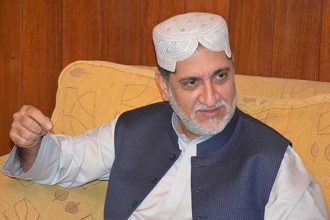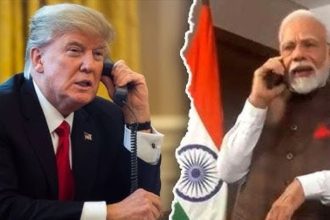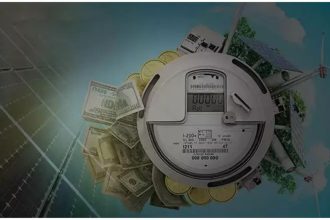Jeanette Whyte, GSMA’s Head of Public Policy for Asia Pacific Telecommunications Corp (APAC), emphasized the need to cut taxes on smartphones and telecom services, highlighting their importance for developing a robust digital economy.
In a recent interview, Whyte pointed out that excessive taxes on these essential items restrict connectivity and accessibility—key factors for boosting Pakistan’s economic scene, especially as the country becomes a freelancing hub.
She referenced India’s example, where reduced telecom taxes significantly propelled digital advancement. Whyte suggested that denominating spectrum payments in the local currency would stabilize operator costs, spur investment, enhance competition, and upgrade infrastructure.
“We advocate for tax reductions and a strategic plan for spectrum auctions, underlining the importance of transparent frameworks, comprehensive roadmaps, and sensible pricing,” she stated.
Whyte also discussed the ‘Smartphone for All’ policy’s crucial role in narrowing the digital gap and economically empowering citizens.
She argued that affordable smartphones are vital for widening digital engagement in emerging markets like Pakistan. This access helps spur innovation, entrepreneurship, and the utilization of vital services like education, healthcare, and financial platforms.
To effectively implement this policy, Whyte advised the government to decrease taxes and import duties on smartphones to reduce prices and consider subsidies and financing solutions to make these devices affordable for the economically disadvantaged.
She also recommended encouraging public-private partnerships to facilitate the distribution of affordable devices and launching digital literacy programs to ensure individuals maximize their smartphone use for online services and opportunities.






